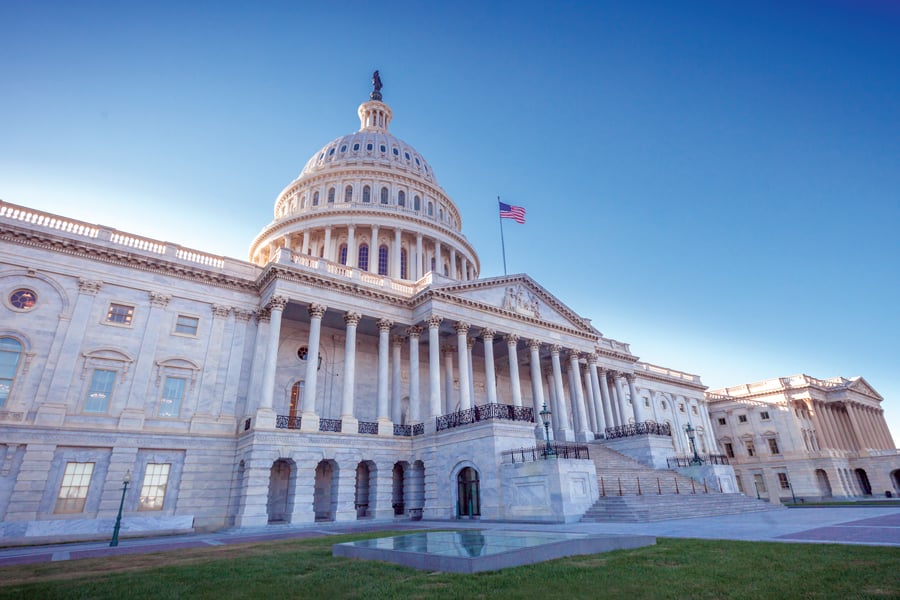

The House Ways and Means Committee will vote later this week on legislation that would mandate automatic retirement savings programs at U.S. companies where workers don’t have access to a plan.
The panel will consider two retirement provisions as part of its contribution to the $3.5 trillion budget reconciliation bill that’s working its way through Congress.
One measure would require employers that don’t sponsor retirement plans to enroll their employees automatically in individual retirement accounts or 401(k)-type plans. Another provision would make the Saver’s Credit refundable, allowing people who owe no income taxes to receive a contribution to their retirement account.
The legislation is part of a bigger package of proposals — including provisions to establish paid family and medical leave, expand Medicare coverage, expand child care access and reform trade programs — that the committee is scheduled to vote on Thursday and Friday.
“Later this week, the Ways and Means Committee will put an end to the idea that only some workers are worthy of ‘perks’ like paid leave, child care, and assistance in saving for retirement, and finally commit to investments that make these supports fixtures of the American workplace,” Ways and Means Chairman Richard Neal, D-Mass., said in a statement. “This is our historic opportunity to support working families and ensure our economy is stronger, more inclusive, and more resilient for generations to come.”
They retirement provisions complement those in the so-called SECURE 2.0 legislation the Ways and Means Committee passed earlier this year. The auto IRA legislation is the federal counterpart to a wave of similar bills that have been approved in several states.
The retirement provisions drew immediate support from the Insured Retirement Institute, which represents annuity providers.
The auto-IRA legislation also contains language that requires the automatic plans to offer participants with accounts of more than $200,000 an option of taking a distribution of at least 50% of their account balance through an annuity.
“This option expands opportunities for workers to obtain much-needed protection against outliving their savings,” IRI chief executive Wayne Chopus wrote in a Tuesday letter to Neal. “It provides those workers who choose to save in the employer-provided plan a chance to secure monthly income generated from a protected lifetime income solution which will help sustain them throughout their retirement years.”
The Ways and Means Committee is one of several in the House and Senate that must write the legislation that fleshes out the $3.5 trillion budget measure that will contain Biden administration spending priorities for a wide range of social, health care and climate programs.
They’ll also have to wrestle with how to pay for them, likely through higher taxes on the wealthy and corporations, if Democratic lawmakers can reach an agreement. The budget bill is on a legislative track to be approved without Republican support.

Canadian stocks are on a roll in 2025 as the country prepares to name a new Prime Minister.

Two C-level leaders reveal the new time-saving tools they've implemented and what advisors are doing with their newly freed-up hours.

The RIA led by Merrill Lynch veteran John Thiel is helping its advisors take part in the growing trend toward fee-based annuities.

Driven by robust transaction activity amid market turbulence and increased focus on billion-dollar plus targets, Echelon Partners expects another all-time high in 2025.

The looming threat of federal funding cuts to state and local governments has lawmakers weighing a levy that was phased out in 1981.
RIAs face rising regulatory pressure in 2025. Forward-looking firms are responding with embedded technology, not more paperwork.
As inheritances are set to reshape client portfolios and next-gen heirs demand digital-first experiences, firms are retooling their wealth tech stacks and succession models in real time.
